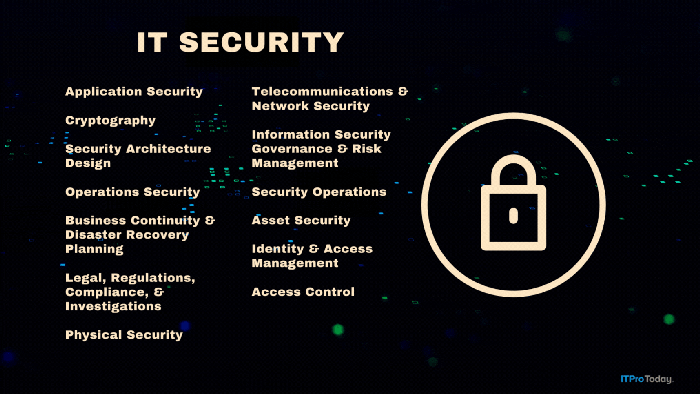Here Come the Centrino Notebooks
Intel unleashed its Centrino mobile computing platform Wednesday, ushering in a new era of ultra-mobile yet ultra-powerful notebook computers. Unlike previous mobile efforts from Intel, the Centrino chipset offers Pentium 4-level performance without any
March 12, 2003
Intel unleashed its Centrino mobile computing platform Wednesday, ushering in a new era of ultra-mobile yet ultra-powerful notebook computers. Unlike previous mobile efforts from Intel, the Centrino chipset offers Pentium 4-level performance without any of the traditional tradeoffs of heat, weight, and battery life. The Centrino chipset is powered by the new Pentium-M processor, which can run at speeds up to 1.6 GHz, as well as integrated wireless capabilities. Those two features, Intel says, make the Centrino perfectly situated to address the needs of the mobile workforce.
"I think people are ready for this technology," Intel CEO Craig Barrett said at the Centrino launch in New York. "People want to use their computers anywhere at anytime in any configuration. There is a groundswell of desire, there is a need and there is a coming together in the industry to provide this. This is really--after 20 years of talking about it--the most tangible evidence of the convergence of computing and communications."
The Pentium-M processor runs at speeds of 900 MHz, 1 GHz, 1.3 GHz, 1.4 GHz, 1.5 GHz or 1.6 GHz, but the chip is specially designed to sense the processing needs of the system dynamically, and it can change its output to match those needs, saving battery life and keeping heat down. As a result, the Pentium-M features substantially better battery life than Intel's other mobile chips, the Pentium III-M and the Pentium 4-M. However, thanks to a new processor design, the Pentium-M can also perform at levels similar to the high-end Pentium 4-M, despite running at a lower clock frequency.
Integrating wireless capabilities directly into the chipset also reduces power consumption, while freeing up space in the notebook, allowing for thinner and smaller designs. Current Centrino models ship with 802.11b wireless networking capabilities, but support for faster 802.11a and 802.11g is coming soon, Intel says.
Also at the launch, Intel announced that numerous PC makers, including Dell, Gateway, Hewlett-Packard (HP) and IBM are all shipping Centrino-based notebooks, effective immediately. Prices for the machines start at about $1400.
About the Author
You May Also Like







.png?width=700&auto=webp&quality=80&disable=upscale)